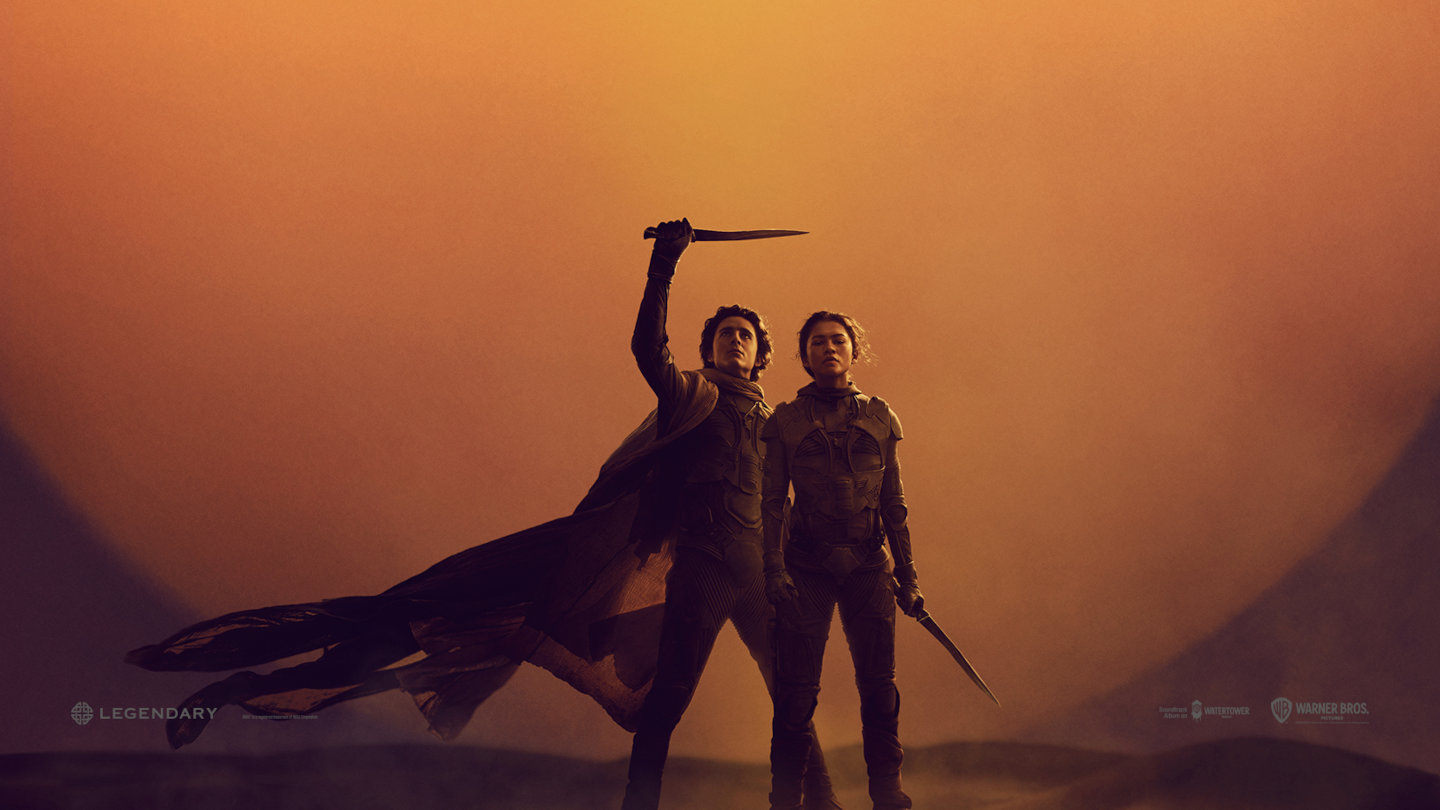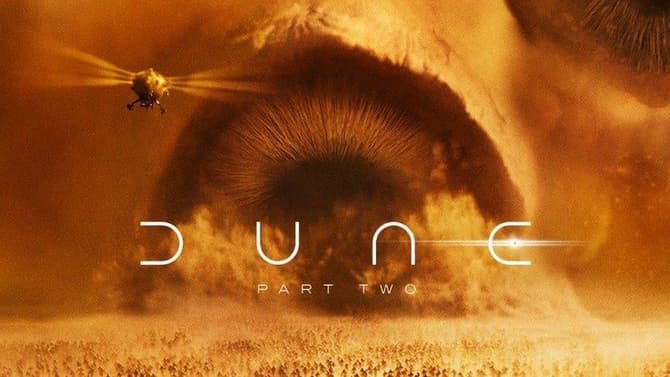Written by: Jason Fuchs

I rarely, and I mean seldom, do I review films based on novels for two principal reasons: the author rarely gets creative control of the adaptation process and film’s creative choices, and if I have NOT read the novel, I cannot fairly review material that is derived from the books since the author’s original intent has been translated to a new medium. Yet this is an unusual situation as I have seen the previous film, Dune (1984) by director David Lynch, which I maintain is still better than the two latest adaptations. This most recent Dune’s cinematography and seamless CGI visuals are breathtaking now. However, I found myself with so many logic issues and skipped plot points that I personally feel any new audience members are left confused and frustrated. When I reviewed Dune: Part One (2021), I compared the 1984 version and the 2021 with issues about the lack of the inner monologue the 1984 film utilized to help audiences get inside of the main character’s mind. Giving the audience an opportunity to hear his thoughts helps them to better understand him and also aids the audience in following along with the dynamic storyline. Most importantly, they forgot to utilize such an essential mantra of the original film, “Fear is the mind killer.”

Now here comes the spoilers…
One of the largest letdowns of the film are the missed opportunities the director had to setup the most pivotal and impactful scenes. Current critics are comparing Feyd-Rautha (Austin Butler) to Heath Ledger’s Joker and other great villains, and it simply is NOT true. Albeit an okay performance by Butler, the director and writers missed the chance to bring him on screen SOONER and lost the opportunity to really drive home the character’s remarked “sociopathic” tendencies. In the scene of the two women being killed by Baron Vladimir Harkonnen (Stellan Skarsgård), they could have easily had the women being killed by Feyd-Rautha as his bone-chilling and dramatic introduction to the audience. Instead, we’re introduced to him in an arena fight, which to me, didn’t even feel violent and was devoid of the on pins-and-needles feeling you’d want the audience to experience. It just felt lifeless and like it missed the mark of a true villain.
The second most frustrating point were Paul Atreides’ (Timothée Chalamet) visions. With such camera flare and out-of-focus “glimpses” that didn’t seem to develop further. Either show me a vision or not. Sure, it’s a setup for our hero to travel south to drink the Water of Life to expand his mind and unlock his powers as the “Kwisatz Haderach” and yet the visions that are shown to the audience essentially stop after he drinks the Water of Life. Keep showing us what Atreides means when he says he can see multiple outcomes for the future and one narrow way ahead. The director could have chosen to show us Atreides seeing himself getting stabbed and assuming he will die, planting the seeds of doubt and fear that maybe he is not the “Kwisatz Haderach”. With this, it would have let the seeds keep growing so when he is stabbed by Feyd-Rautha in the final scene, him could have Atreides drop to his knees and truly experience the fear believing he isn’t the “Kwisatz Haderach” in that moment.

Finally, the ending scene needed to be awe-inspiring. The most epic way the final scene could have ended is with Atreides, on his knees with his eyes closed, wounded by Feyd-Rautha’s dagger, and having the visions of his past and future, with all the different outcomes laid out, before the mantra of, “I must not fear. Fear is the mind-killer. Fear is the little-death that brings total obliteration. I will face my fear.” coming back to restore the belief in himself. Then, as Feyd-Rautha rushes to deal the final blow, Atreides grabs Feyd-Rautha’s blade as it draws near with his hand and opens his eyes to slowly climb to his feet and utter, “Muad’Dib” to kill Feyd-Rautha with a single word. Something only “Kwisatz Haderach” could have done. As Feyd-Rautha’s lifeless body falls to the ground, the Padishah Emperor Shaddam IV Corrino (Christopher Walken) and his subjects would immediately bow to Atreides, all now witnesses that he is the most powerful person in the universe. The film cuts to his face and run credits. THAT is the epic ending we needed.
With that, thanks for reading Writing Movie ‘WRONGS’.








